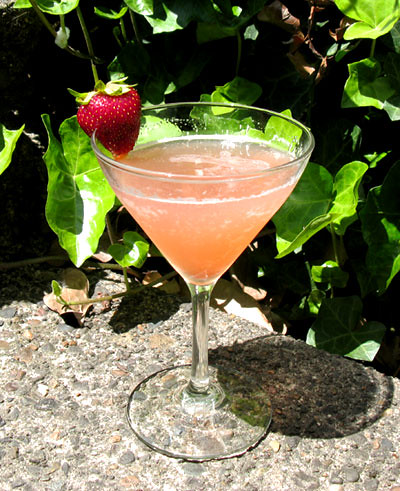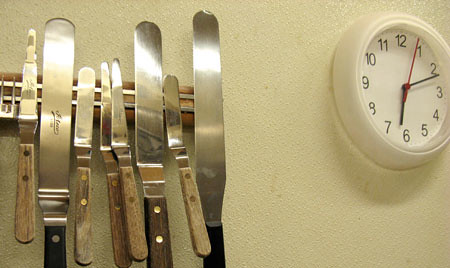
I sat in my living room, looking at a piece of naturally shed antler from Bend, OR, a box grater, and a tiny pile of shavings that were the result of almost an hour and a half's worth of labor.
This... was going to be interesting.
Cooks get excited about weird things. If it is stinky, obscure, odd and edible, chances are a cook wants to do something with it. So, there was a sense of inevitability in my soul when I first heard about antlers being an early method of leavening baked goods. "I! Have! To! Do! This!" The synapses declared it, and there but for the grace of St. Honore go I. Or something like that.
First: acquisition. Luckily the internet makes conversation between strangers possible, so Ron Zimmerman was not simply helpful, but also supportive of my internet stalking/agenda. A hunter, eBay, antique store... the age didn't matter, he stated. OK! I explained the situation to basically everyone I met. My neighbors casually made my day, "Oh yeah, "they said, "we sell them as dog treats at the pet store. " Genius!
Second: preparation. Um, dudes, bones is hard. Antlers are hard. I looked at the antler piece. The cats sniffed it. I consulted awesome people. Microplane, maybe? Well, kind of, and the result was very fine but miniscule amounts and the microplane needed an edge to work from. Well why not the stubbly, sharp, knuckle destroying side of a box grater. Aw, yeah... Still slow going, but the result was a powder finer than I had expected, certainly finer than my salt.
Yes, I thought to myself, I can work with that.
Now I just need to bake. And what should I bake? Cookies, of course...




